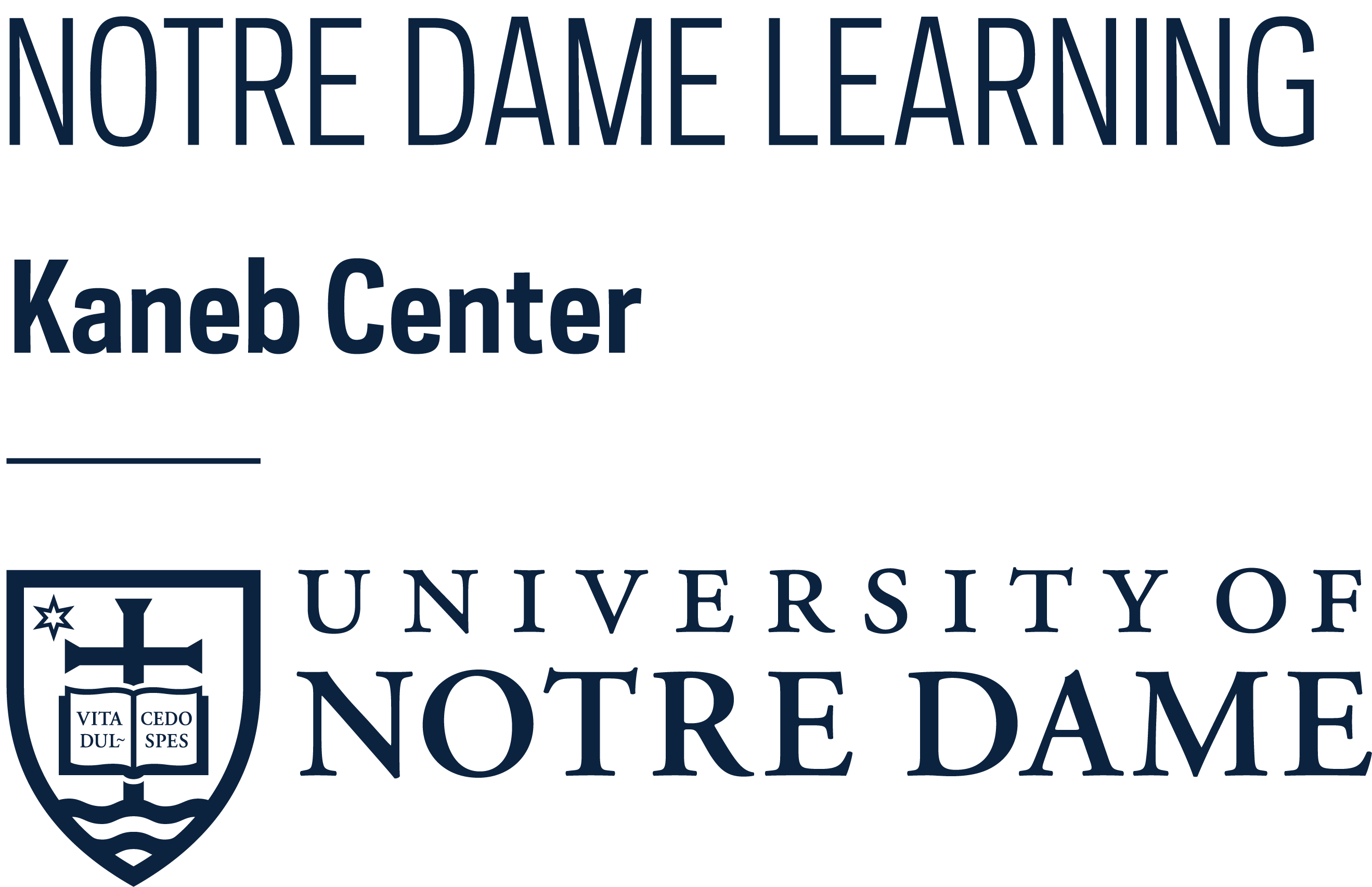The following entry from the 2013-2014 Teaching Issues Writing Consortium: Teaching Tips was contributed by Claudia J. Stanny, Ph.D., Director, Center for University Teaching, Learning, and Assessment, University of West Florida.
————————————————————————————————————–
Faculty are experts in their disciplines. The cognitive skills that comprise expertise can also create barriers to instruction. Experts internalize disciplinary cognitive skills and procedures through extensive practice and repetition to the point where they can execute these skills without deliberate thought. The automation of these skills (developing skilled disciplinary habits of thought) enables experts to devote their attention to areas that are difficult. However, this automation can also make it more difficult for experts to clearly articulate and explain how they carry out skilled behaviors. A solution that appears to simply “pop into the head” of an expert may actually be based on a complex series of cognitive steps that play out rapidly in the mind of the expert. When explaining the solution to a novice, the expert might omit one or more intermediary steps.
From a student’s perspective, experts solve problems through processes that seem mysterious and hidden. Students might not know all the intermediate steps hidden below the surface of the fluid performance of an expert. The “curse of expertise” sometimes prevents experts from accurately anticipating the obstacles that impair the learning of novices (Hinds, 1999). The detailed steps experts follow when they solve a problem become less obvious after years of practice enable experts to execute these steps automatically. Experts tend to represent and describe their knowledge in abstract language that interferes with clear communication with novices (Hinds, Patterson, & Pfeffer, 2001; Nickerson, 1999). The challenge facing experts who teach is to articulate their implicit knowledge so that it is explicit and accessible to students.
Researchers at Indiana University have been exploring ways to make implicit expert knowledge explicit through a process called Decoding the Disciplines. They identify three types of bottlenecks or obstacles to learning:
- Procedural bottlenecks occur when successful completion of a task requires multiple steps. Students may not have identified and/or mastered all of the steps required to complete the task (e.g., the steps involved in formulating a hypothesis, identifying competing hypotheses, and determining which variables must be manipulated, which variables must be controlled, and which variables must be measured to design an experiment).
- Epistemological bottlenecks occur when students do not understand how knowledge is constructed within a discipline (e.g., the nature of what “counts” as evidence to support an argument).
- Emotional bottlenecks occur when students have emotional responses to the discipline or subject matter that hinders learning (e.g., when students feel that their religious beliefs are threatened if they study or accept the concept of evolution in biology).
The Decoding the Disciplines process helps expert faculty identify conceptual bottlenecks and discover strategies to help make implicit expert strategies explicit and devise learning activities that will help students develop these skills. The process involves the following steps:
- Identify a bottleneck concept
- Define the processes students must learn to overcome the bottleneck
- Identify ways to model these processes
- Create activities and assignments that give students practice with these processes and feedback on their performance
- Identify strategies to maintain student motivation while learning these processes
- Assess student progress in acquiring these processes
- Share effective strategies with others in our discipline
Interested faculty can learn more about Decoding the Disciplines and read about specific disciplinary examples by visiting the Decoding the Disciplines web site:
http://decodingthedisciplines.org/index.html
Resources:
Diaz, A., Middendorf, J., Pace, D., & Shopkow, L. (2008). The History Learning Project: A department “decodes” its students. The Journal of American History, 94, 1211-1224. doi: 10.2307/25095328
Hinds, P. J. (1999). The curse of expertise: The effects of expertise and debiasing methods on predictions of novice performance. Journal of Experimental Psychology: Applied, 5, 205-221. doi: 10.1037/1076-898X.5.2.205
Hinds, P. J., Patterson, M., & Pfeffer, J. (2001). Bothered by abstraction: The effect of expertise on knowledge transfer and subsequent novice performance. Journal of Applied Psychology, 86, 1232-1243. doi: 10.1037/0021-9010.86.6.1232
Middendorf, J., & Pace, D. (2004). Decoding the disciplines: A model for helping students learn disciplinary ways of thinking. New Directions for Teaching and Learning, 2004, 1-12. doi: 10.1002/tl.142
Nickerson, R. S. (1999). How we know – and sometimes misjudge – what others know: Imputing one’s own knowledge to others. Psychological Bulletin, 125, 737-759. doi: 10.1037/0033-2909.125.6.737
